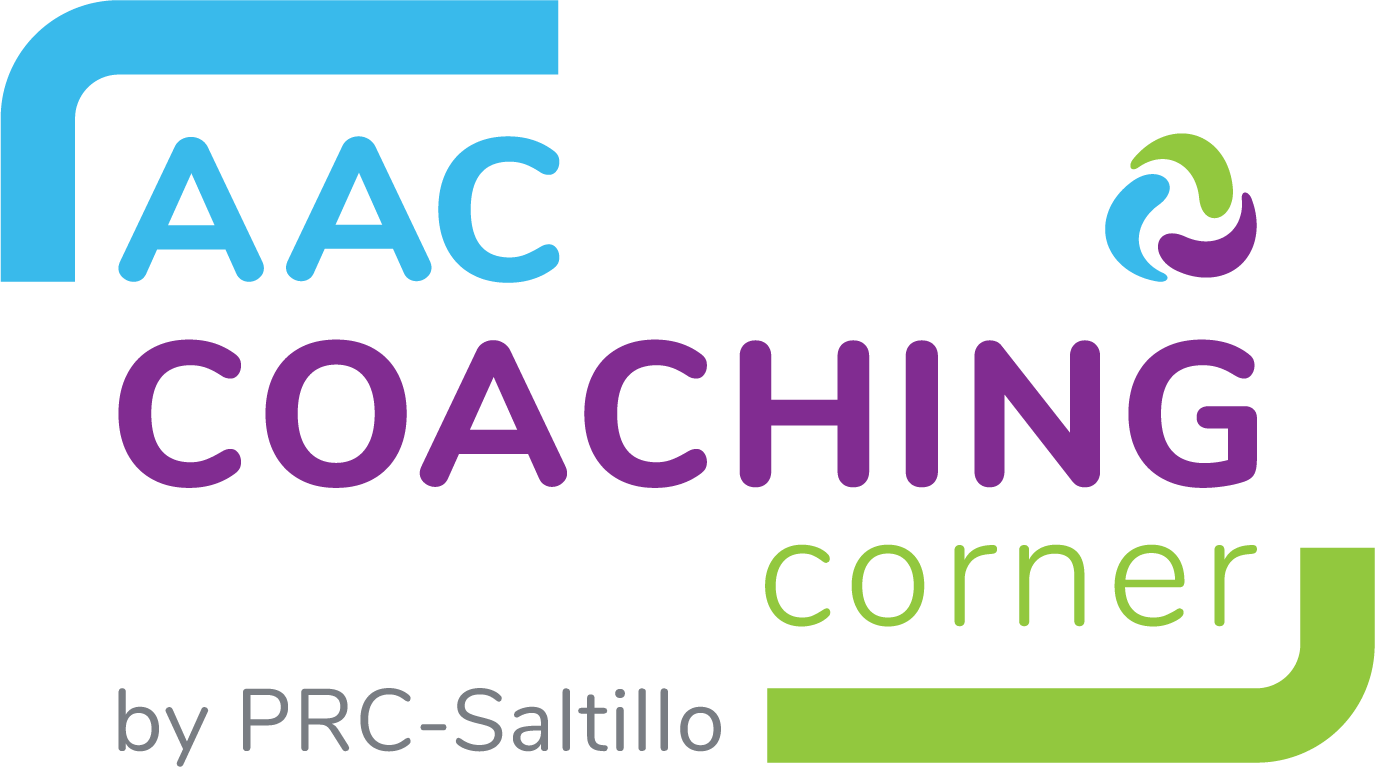Join us for the first Mid-Atlantic AAC Summit. Come learn, collaborate and get hands-on training as you explore augmentative and alternative communication (AAC) devices and participate in engaging, thought-provoking discussions. Guest speakers will provide topics that include coaching techniques for educators & para educators, cortical visual impairment (CVI) and AAC, and assistive technology (AT) loan library exploration. Your toolbox will be full of new ideas to begin using right away!
Session Highlights:
- AAC Team Coaching - Learn implementation through coaching to improve modeling and device use in the classroom. Sabrina Eskridge will provide real life data and take-home techniques to maximize device use in your classroom with collaboration between educators and speech therapists.
- AAC intervention for Children with CVI – Learn through Amanda the visual characteristics of CVI and how they impact AAC intervention. Explore techniques and strategies to help these students be successful with their devices.
- Delaware Assistive Technology Institute – Learn about loan options to trial devices and get a tour and hands on with their loan library.
- Town Hall – Collaborate and learn from colleagues in the field with an open forum including Q and A that offers time for troubleshooting challenges and brainstorming solutions with fellow SLPs that will grow your AAC knowledge and awareness.
- AAC Hands On –Explore AAC devices, ask questions and discover options for your clients with your regional PRC-Saltillo Consultants.
Learner Outcomes:
Participants will be able to:
1. Explain three key components of an AAC coaching program.
2. Identify three routine classroom settings or activities to apply a coaching program
3. Identify three AAC methods that individuals with CVI can access AAC systems
4. Summarize at least two strategies/modifications for AAC devices that help meet the needs of individuals with CVI
5. Identify three assistive technology devices that could support AAC users
6. Describe the process for obtaining loaner devices from state loan programs.
Agenda:
Duration Topics
15 minutes - Welcome/Introduction
90 minutes - Session 1: Educator Led AAC Coaching
60 minutes - AAC Town Hall/Panel Discussion
90 minutes - Session 2: AAC Interventions with Children with CV
60 minutes - Session 3: Assistive Technology Loan/Trial Options /Hands on with devices
15 minutes - Wrap-Up/Q&A
Breakfast and lunch will be provided.
Click here for instructor bio and disclosures
Instructors:
Sabrina Eskridge
Sabrina is a practicing clinician in the Seaford School District (Delaware) working exclusively with school-aged individuals from ages 2 to 22 years old. She has spent her career providing AAC services to students with complex communication and medical needs in school-based practice. Sabrina also serves as an Adjunct Research Fellow for Rocky Mountain University of Health Professions' Doctor of Speech-Language Pathology program. She is passionate about bridging the gap between AAC research and clinical practice.
Amanda Soper, M.S., CCC-SLP
Amanda Soper is a speech-language pathologist (SLP) and teacher of the visually impaired (TVI) based in Washington, DC. Amanda owns a private practice, AACreATively Communicating and recently co-founded a nonprofit organization, The Infinite Learning Foundation, where she innovates therapeutic and education practices so that all students, regardless of disability, can learn to read, write, and communicate. Her practice provides in-person services in the Maryland-DC area and virtual services around the world. Amanda is fiercely passionate about changing mindsets and attitudes about education for individuals with complex communication needs.
Madeline Laquer, M.Ed., ATP
Madeline is a RESNA credentialed assistive technology specialist for the Delaware Assistive Technology Initiative (DATI) at CDS. Her areas of practice include smart home technology, workplace accommodations and independent living. In her role as an AT specialist, Madeline helps individuals, families and care teams identify tools and devices that can enable them to achieve their desired outcome.
Madeline holds a Bachelor of Arts degree from Arcadia University in Medical Science and Education. She also received a Master of Education with a concentration in Assistive Technology from George Mason University. Additionally, she has received training to provide employment services to individuals with disabilities through the New Jersey Boggs Center on Developmental Disabilities and Community Integrated Services. Madeline previously worked for JEVS Human Services, a non-profit human services agency, providing assistive technology services to Pennsylvania and New Jersey residents.
Hannah Mennella, M.A., CCC-SLP
Hannah is a speech-language pathologist working with the Delaware Assistive Technology Initiative (DATI) and Systematic Processes for Enhancing and Assessing Communication Supports (SPEACS) program at the Center for Disabilities Studies. With DATI, she helps individuals with disabilities and their support networks acquire communication devices that best meet their needs. Through SPEACS, she works to improve school-based services for children with complex communication needs and promote communication in the classroom and community.
Before joining the team at CDS, Hannah worked for Nemours Children’s Health, providing speech therapy services to pediatric patients. She has a passion for working with children who utilize augmentative and alternative communication systems. Hannah received her undergraduate degree and master’s degree from the University of Delaware.
Please note the following details regarding this course:
- You must register for this course using your own AACLJ account.
- All attendees will have the opportunity to download a Certificate of Attendance/Completion, depending on the class.
- ASHA CEU and certificate eligibility require complete live attendance.
- Certificates will be available to participants with verified attendance within a 2-week processing period.

















